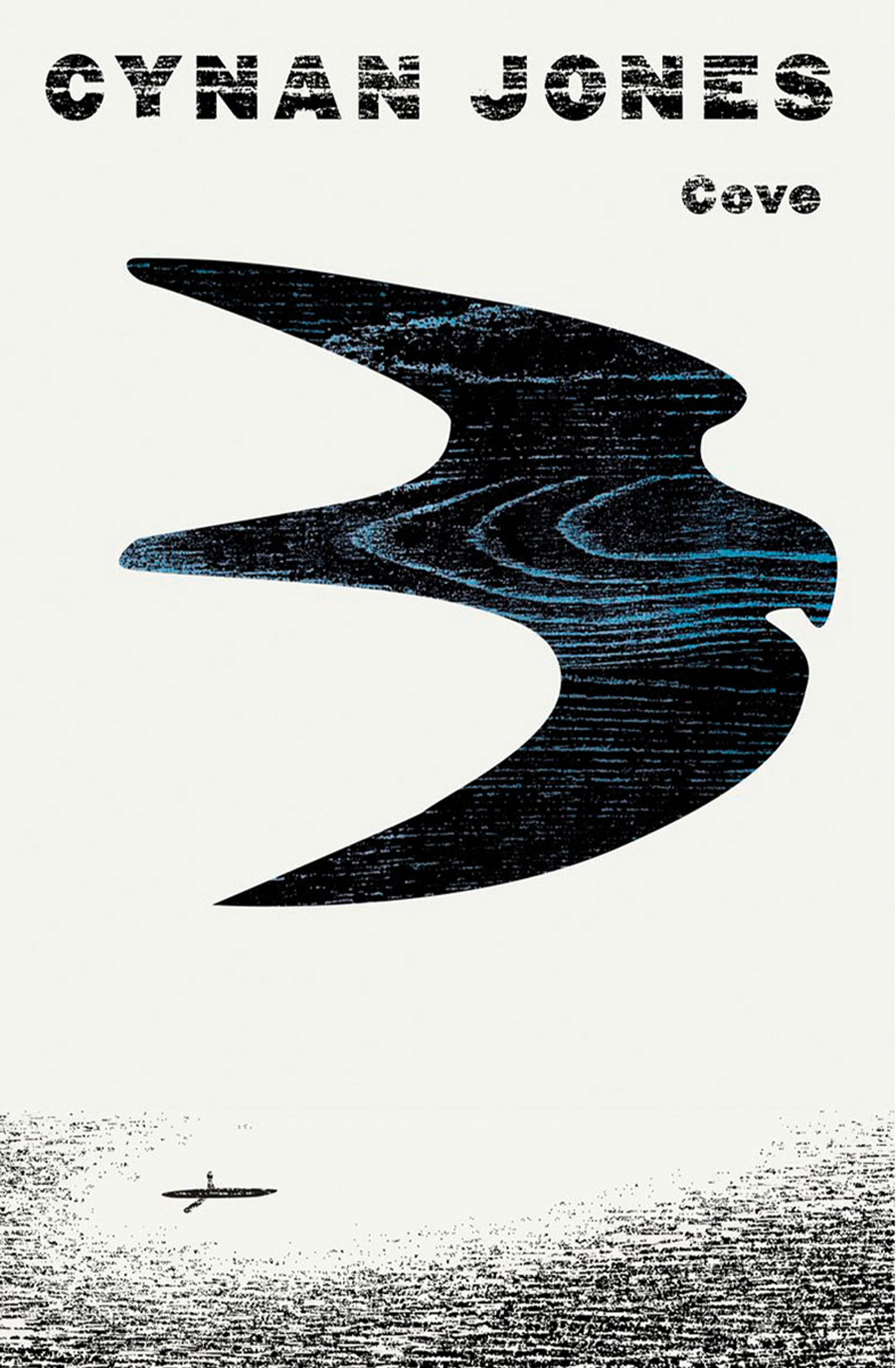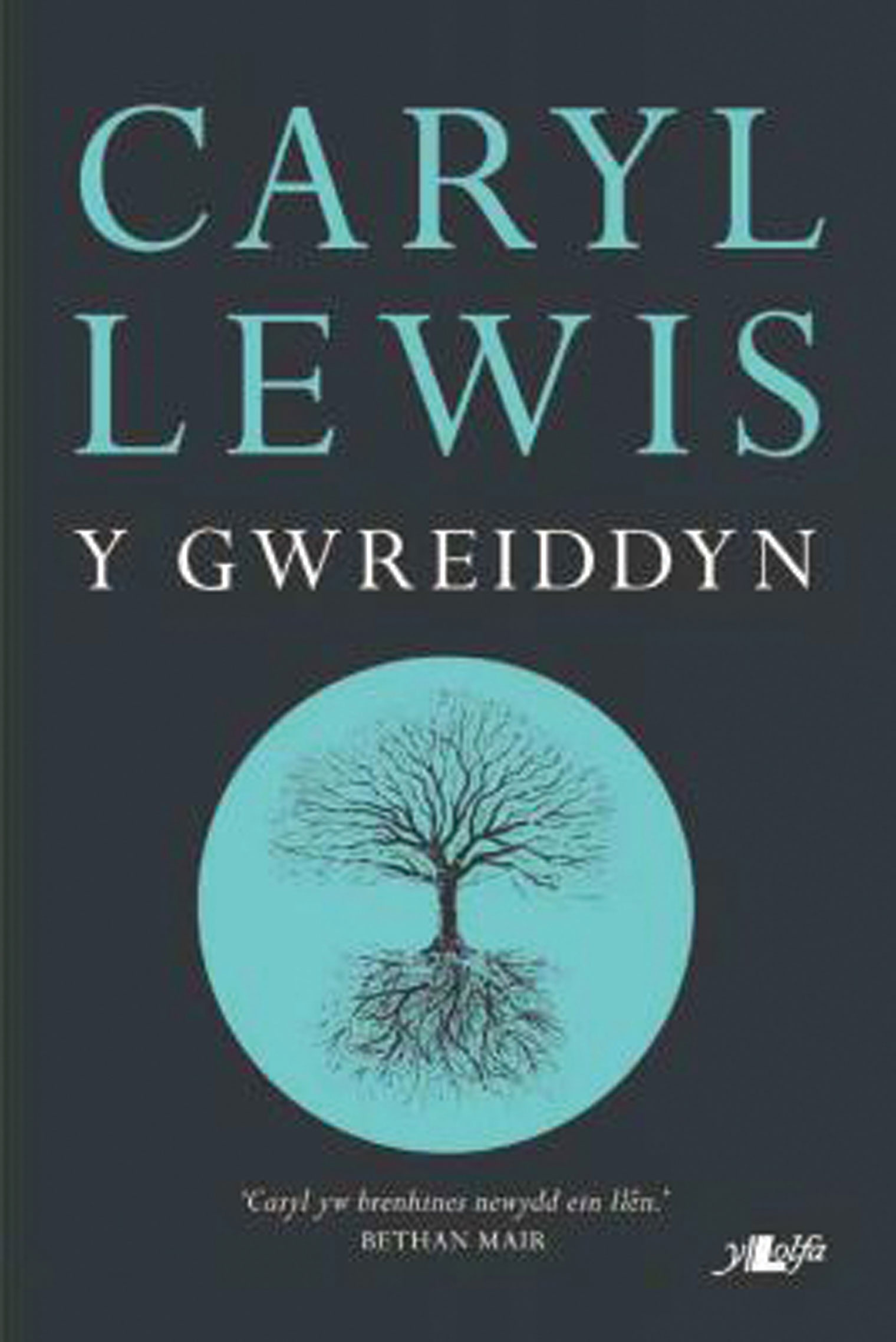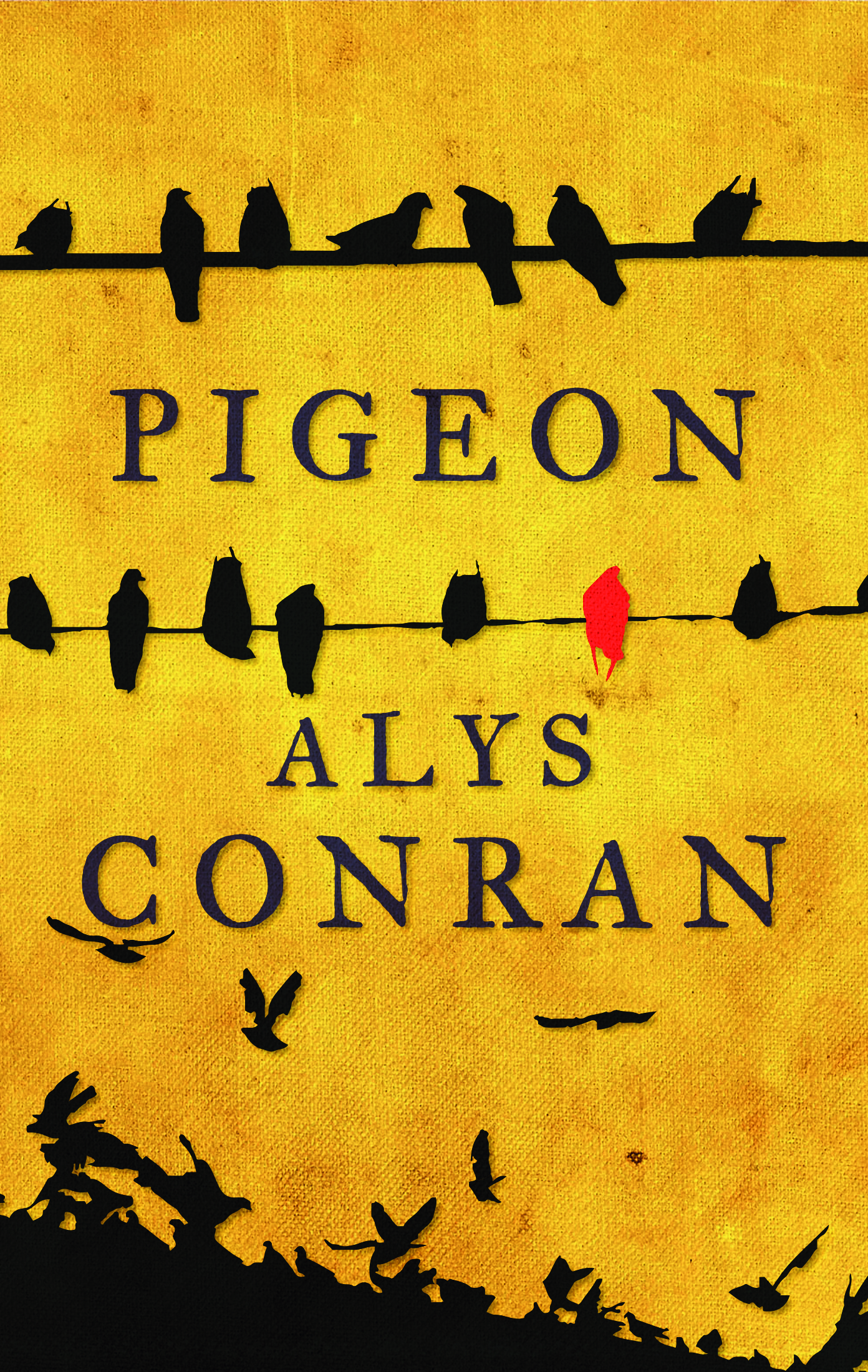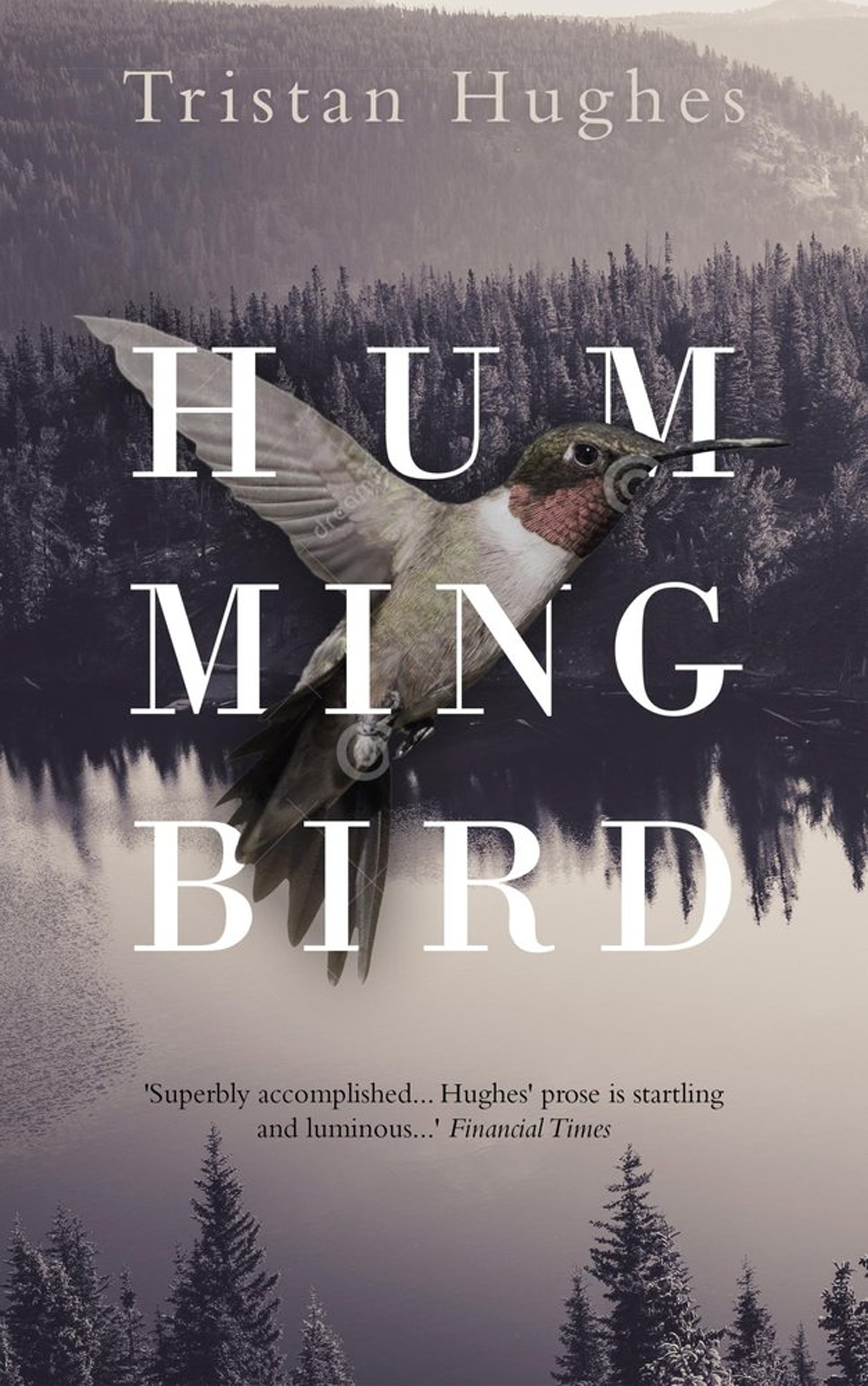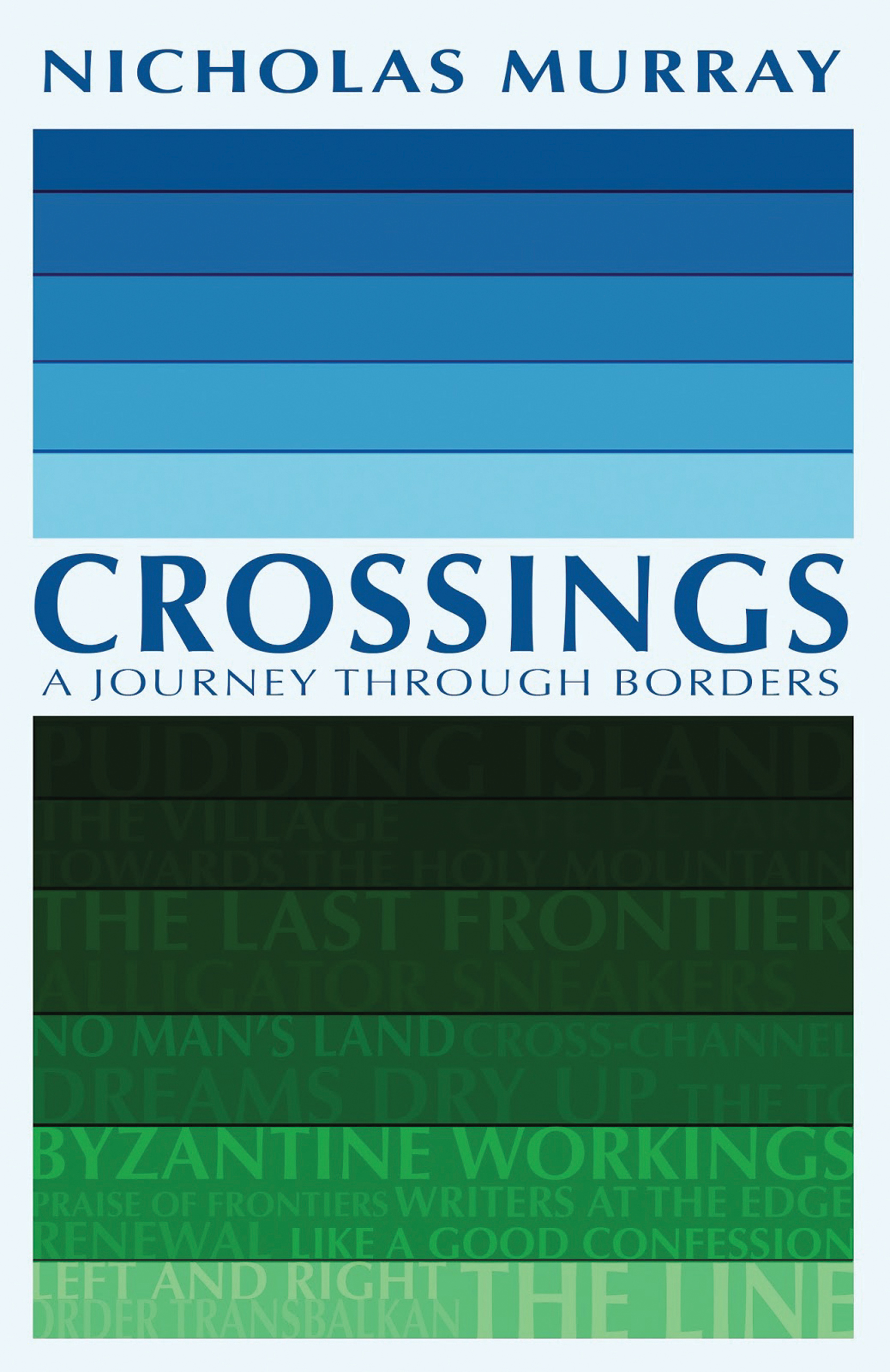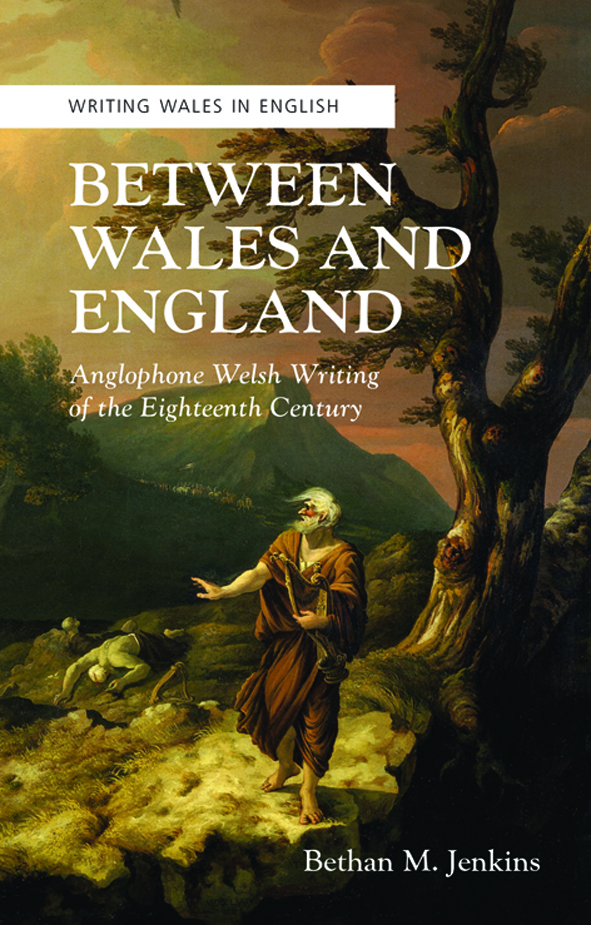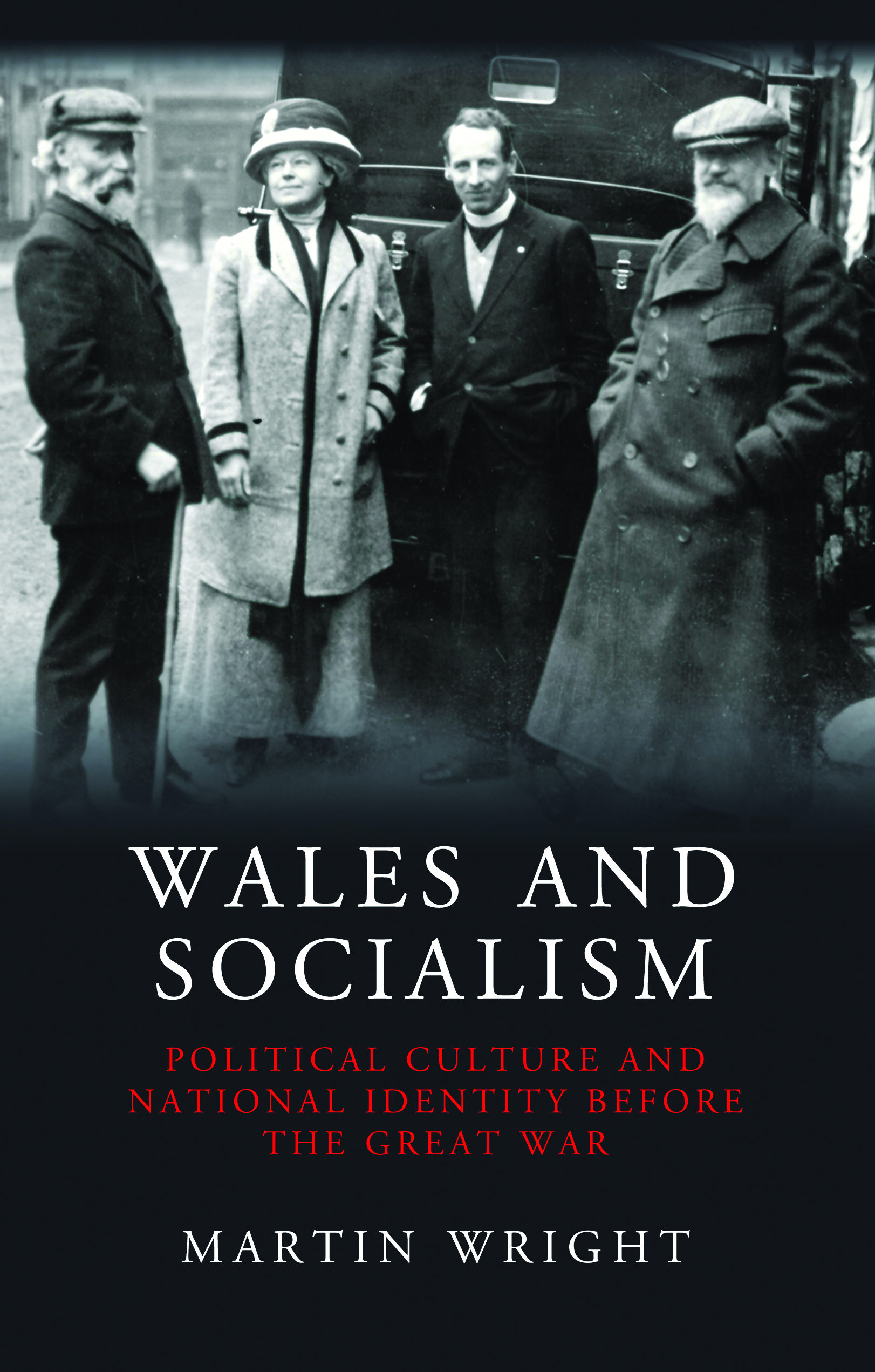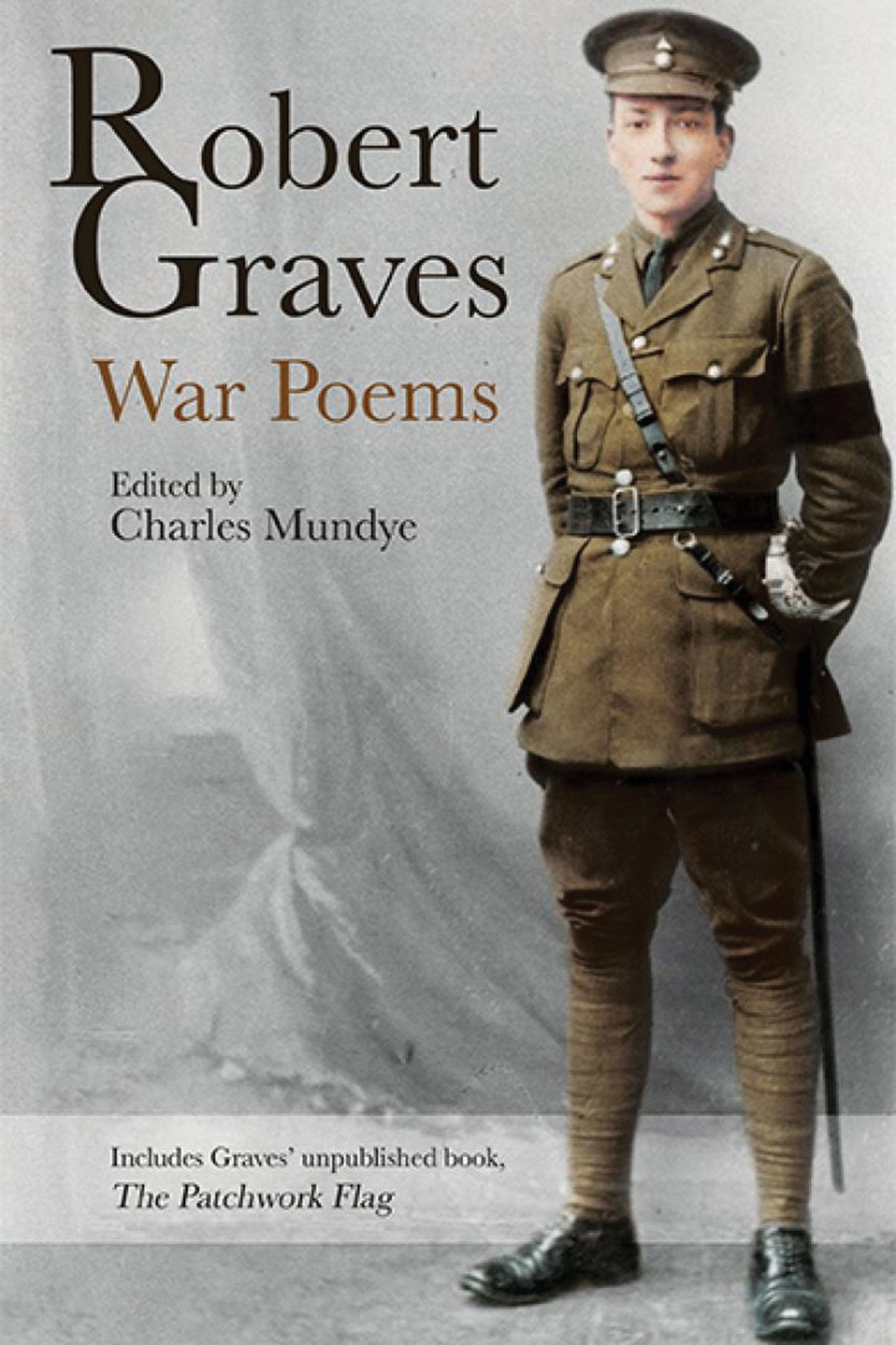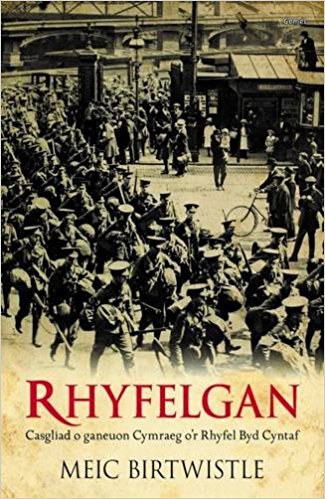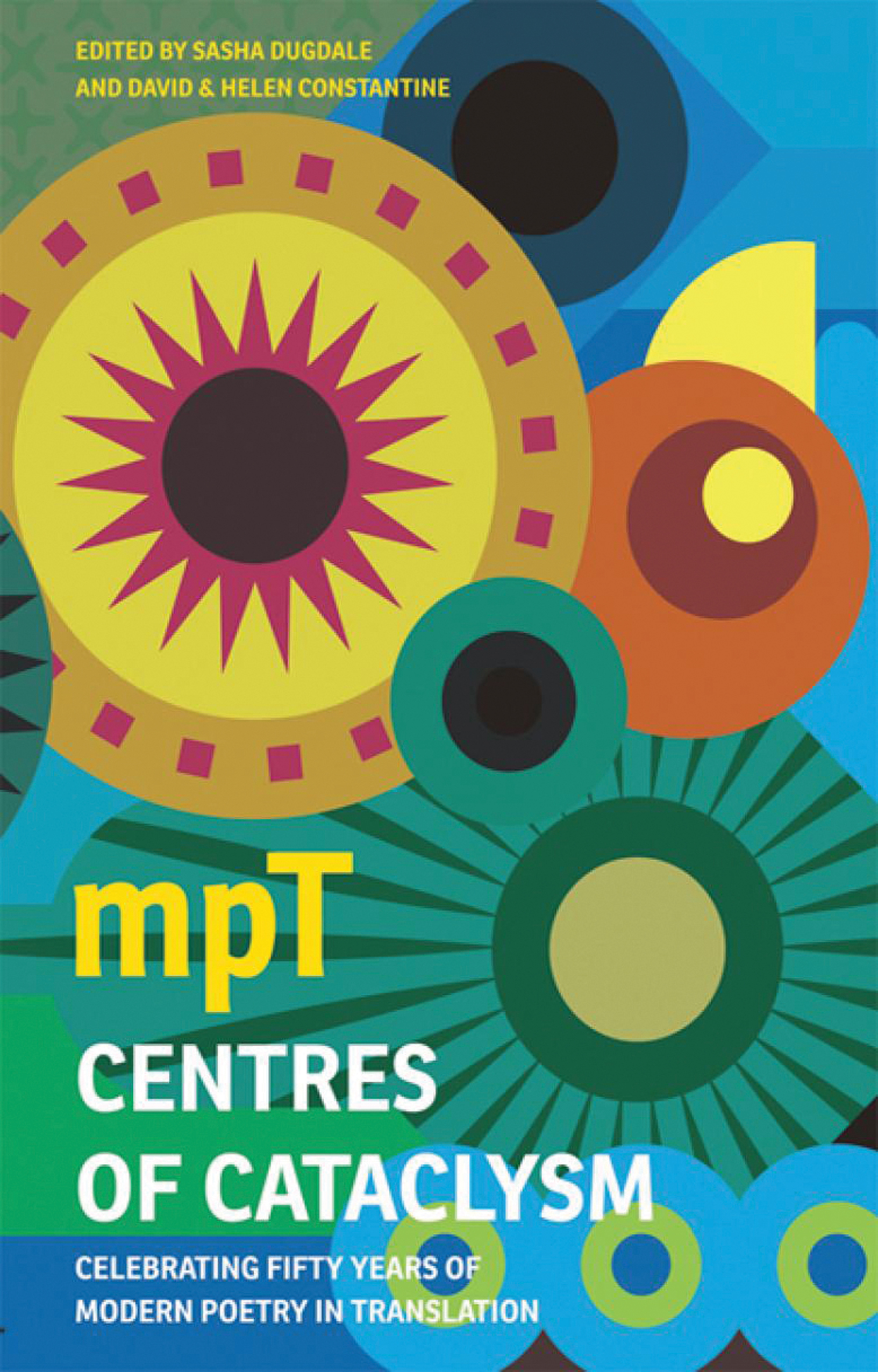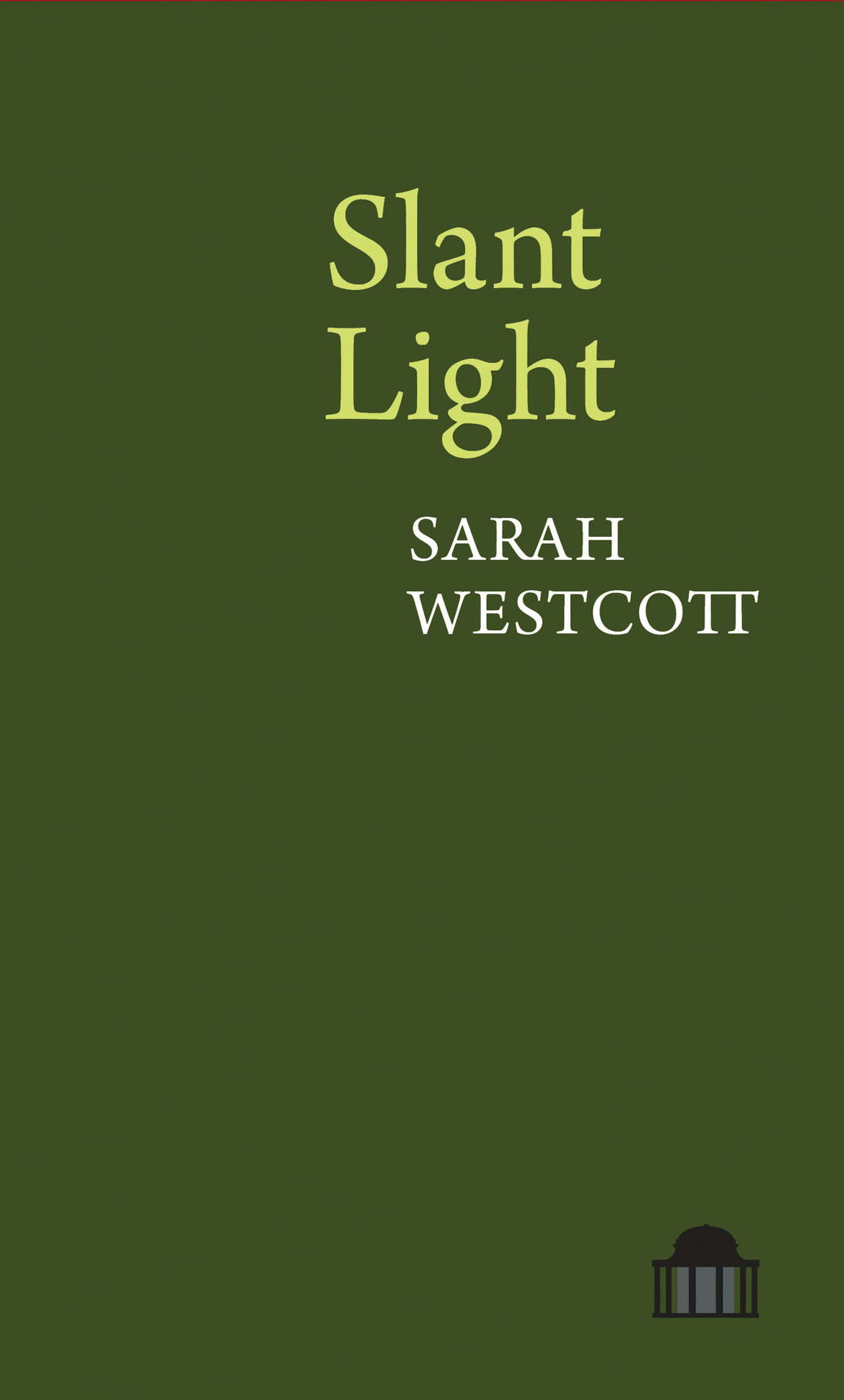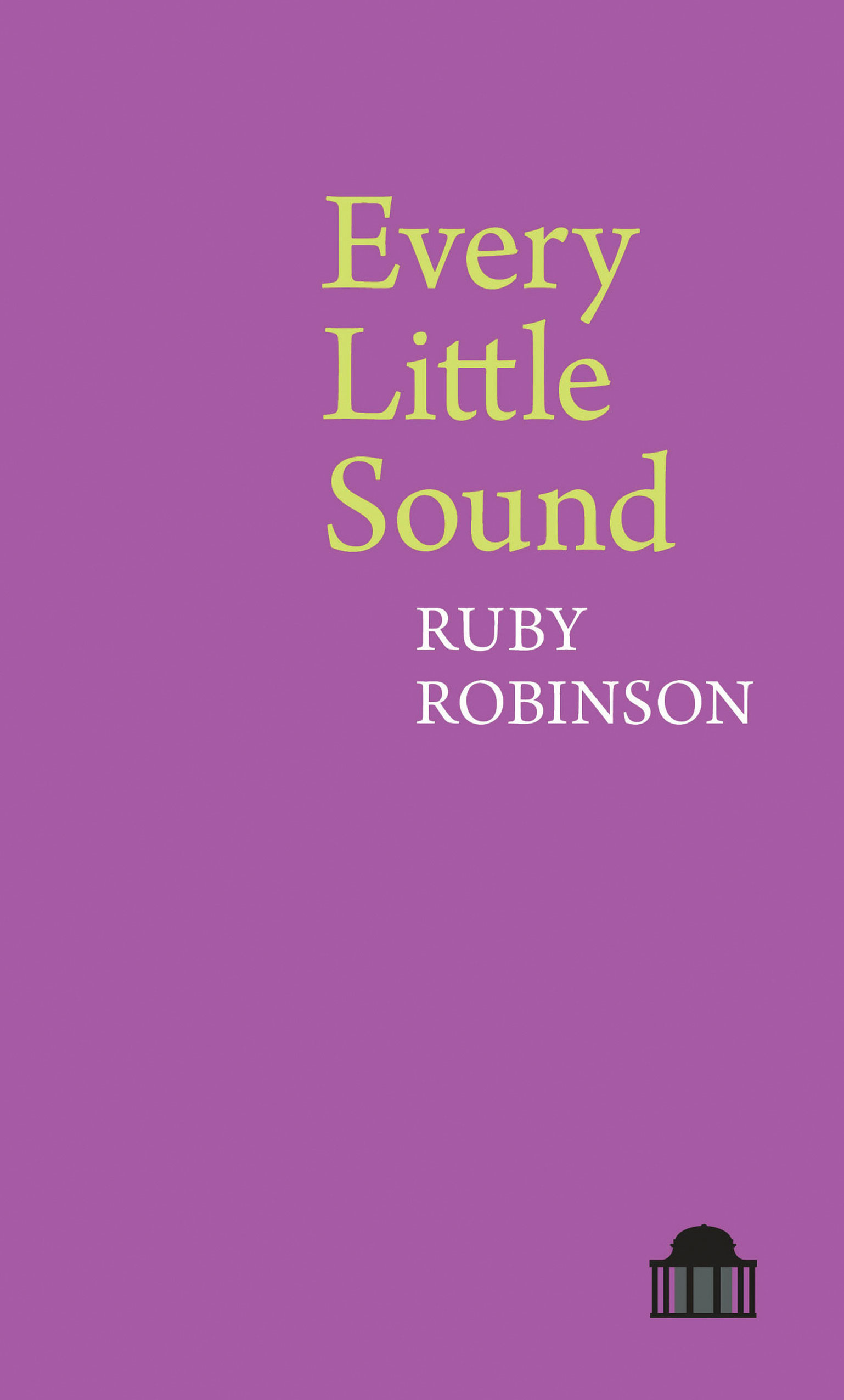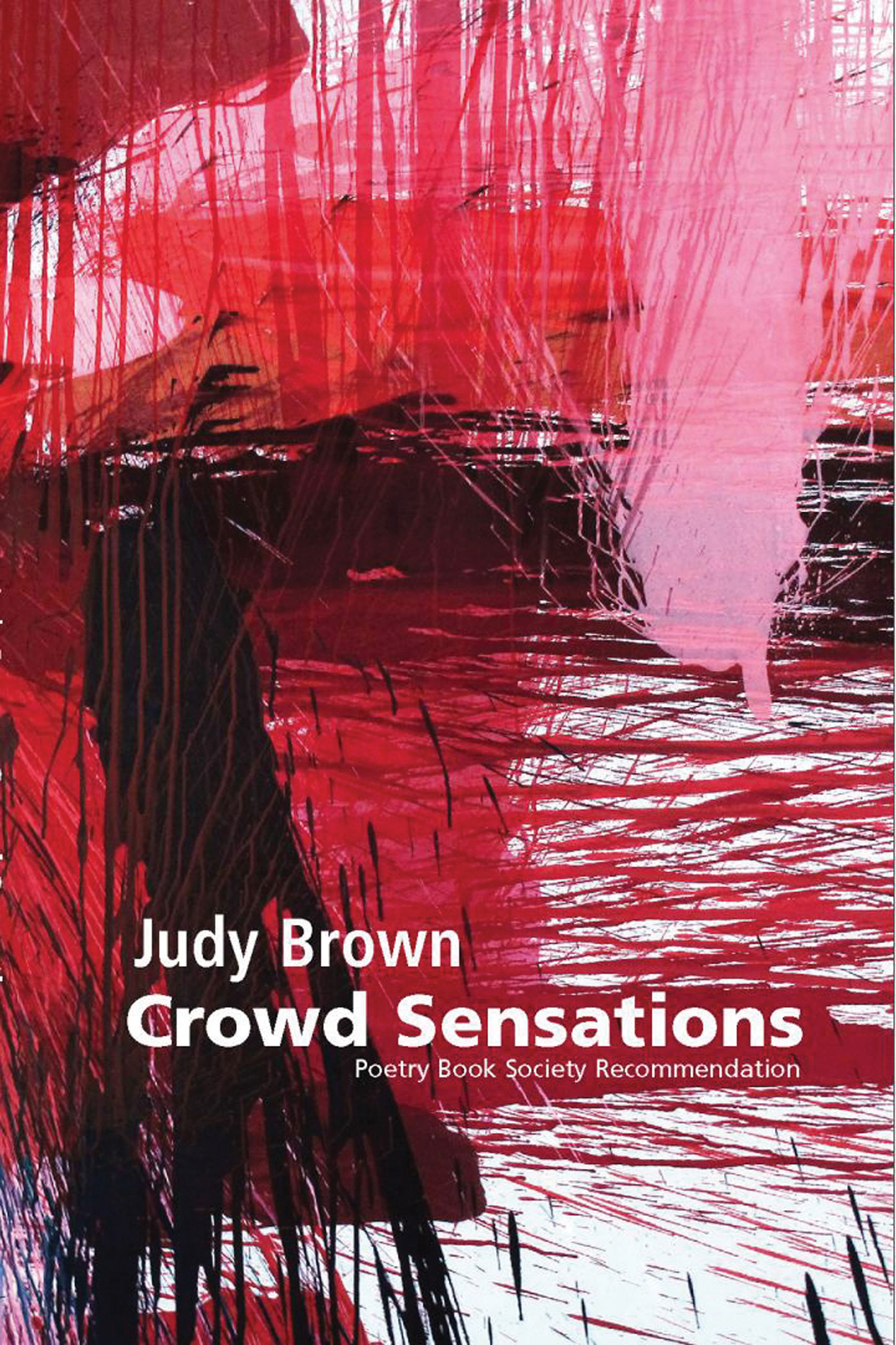Following our invitation to pool ideas for how to strengthen Welsh national interests after the Leave vote, Dan Evans gives his perspective on what needs to be done to rejuvenate Wales’s public sphere, the weakness of which was revealed by the shock felt by many at the referendum result. He argues that for there to be meaningful dialogue which speaks truth to power, the dominance of Labour-affiliated intellectuals throughout society first needs to be addressed.
Read moreJamie Harris goes in search of Welsh utopian visions, via folklore, history, literature, politics, art and architecture. With the Far Right gaining a foothold in the Senedd, he reflects on the consequences of the Welsh political leadership's resolutely anti-utopian stance.
Read moreEmilia Ivancu gives an insight into how physical space, pop culture, literature, folk custom and the internet are being used in extraordinary ways in Romania to challenge the threat to democracy and peace from government corruption and Putin's Russia.
Read moreHanef Bhamjee gives an account of the philosophy, logistics and strategy behind the success of the Welsh Anti-Apartheid Movement, and how the organisation contributed to a victory for anti-racism, as well as uniting disparate factions within Wales. What can this story offer us now, as new networks mobilise against racism and injustice?
Read moreFollowing the theme of learning from the past in creating new progressive alliances, Claire Flay-Petty and Michelle Deininger recover the history of women's literary circles in 1920s Cardiff, and reflect on how these radical networks of friendship, written correspondence, societies and magazines can offer inspiration for feminists today.
Read moreA short story by Stevie Davies
Read moreGareth Rees analyses how a narrative of crisis in Welsh education has developed out of a singular obsession with PISA results. He offers a more positive picture of educational achievement and calls for the Welsh Government to also participate in alternative international studies of pupil attainment; warning of how the PISA results are being used to undermine devolution itself.
Read moreBy Michael Harvey. This is the twenty-second contribution to our Welsh Keywords series - inspired by Raymond Williams' Keywords - which offers contemporary perspectivs on contested meanings of ords in Welsh and how these shifting meanings continue to shape our society.
Read moreA poem by Fred Johnston
Read more
